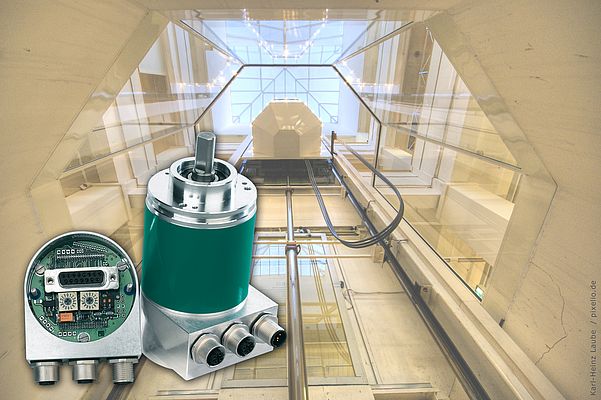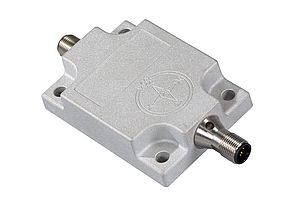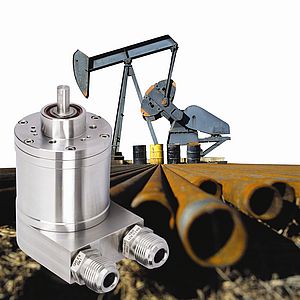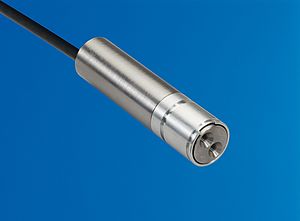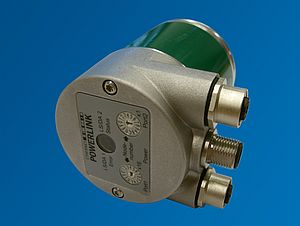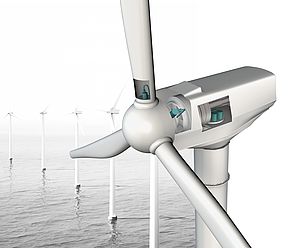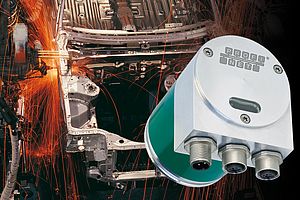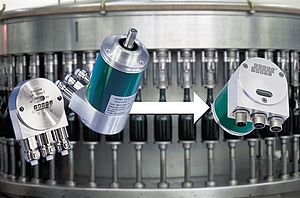Optical absolute encoders with a Modbus TCP interface from Posital are suited for use in building automation, e.g. in lift applications. They can, for instance, be employed to measure the position of the elevator car by means of shaft copying. Providing an alternative to communication via the CANopen protocol which is commonly used in lift applications, the Modbus encoders help increase safety in this field which is subject to strict regulations. Certified by Schneider Electric, the encoders ensure reliable communication via Ethernet TCP/IP or Modbus TCP. Apart from position and speed values, the output data also includes a time stamp. Each of these values can be selected as required. The encoders can be connected to a PC, a network, or a Modbus PLC via a robust M12 connector. The maximum data exchange rate is 100 Mbit/s. The open, widespread Ethernet-based Modbus TCP network protocol enables data analysis on standard PCs, without special hardware PLCs: an integrated web server provides HTML pages with embedded Java applets, allowing for the encoders to be configured, read out and tested by means of any standard browser via company networks or the Internet. LEDs at the device and proven office tools can be used for diagnosis. Moreover, one encoder can be read out by several masters. Like all optical encoders from POSITAL, the Modbus models use a proven optoelectronic scanning method to record position values. As a single-turn model, the encoder's highly integrated Opto-ASIC provides a 16 bit resolution. Additionally, the multi-turn model registers a maximum of 14 bit. Backup batteries are unnecessary. All Modbus models are available as hollow shaft or solid shaft versions. They are IP64/65 protected, thereby qualifying for use in rugged industrial environments.


